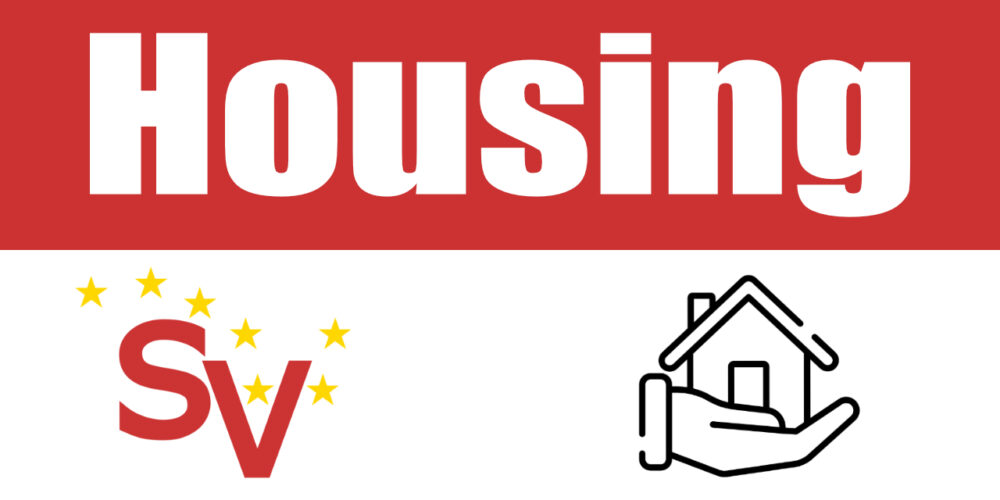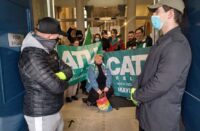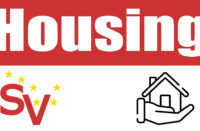Getting off the bus in O’Connell Street, considered the main street in Dublin, can be a shock for tourists and people new to the city alike. In between the new hotels and shopping centres, the decay in the older buildings is clearly visible, which is sad for such an otherwise vibrant city.
This is not only the case on the surface level, which the passer-by and tourists would notice: it is also true for the inner-city culture. Old pubs and local shops, as well as public spaces such as football grounds and playgrounds, are being bought and demolished in the name of modernisation and progress of the local economy, eradicating with it local history and so-called “third spaces” for the local community, a place away from the home and work.
The spaces above and around pubs and shops used to be living spaces; now they often sit empty or are used as storage. Besides being a factor in the present-day housing crisis, this is a loss again for social cohesion as well.
To add to that, workers have to commute between work, home, and other spaces, making it hard to socialise often. In 2016 the national average time spent on travelling to work came to almost an hour.¹
Health status, mental illness, tiredness, age and disability all play a role in how much time people can spend on travelling outside work and grocery shopping.
Free social spaces are rare to find in any city, let alone in Dublin. Spaces in which to meet others and to learn from them are necessary for us, as we’ve seen in history: workers gathering in third spaces to teach each other not only skills by hand but also history, language, and socialist theory.
By limiting these third spaces, a place to get to know people around you in the community, the local social cohesion diminishes.² The chance to build solidarity is then taken away, along with the social capital these relationships provide.
This obviously plays into the hands of employers, especially in tech, so that the workers cannot build meaningful relationships with the country. It is easy to move those around.
Everything in the life of young workers in particular is precarious: housing, work, even friendships. It all depends on work.
These circumstances also influence the way people deal with local issues and play into the hands of neoliberal individualism, which we are told is part of “Western culture,” where your “problems”—poverty, addiction, exclusion, etc.—are your own fault and yours to solve.
Scenes like those at East Wall, where people show their most ugly side towards those in need, could have been prevented if we would try to build back the lost confidence in the Other. Immigrants, refugees and other minorities are not a threat to Irish culture. If anything, they enrich the existing culture and will be able to embody it and bring it back to their own country once they are able to return, if this is the wanted outcome.
If people would be more involved with the Other, building that social capital, they would feel more sure about themselves and less afraid of immigrants and refugees.
Of course the mainstream media and their hateful language towards those seen as the Other do not help with building social cohesion, and the wheel keeps turning in favour of neoliberalism and all its issues.
At the heart of this is, ultimately, the housing crisis, which has held a grip on Ireland for decades. Not because of too few builders and trade workers, not because too little interest or demand, but because of the mismanagement and neglect by the government in supplying adequate social housing.
With 166,000 vacant properties, 11,000 people homeless, and 71,858 applicants on the social housing waiting-list, action needs to be taken now. As we have agreed on the national level, universal social housing is the goal.
Sources
1. Central Statistics Office, Census of Population, 2016—Commuting in Ireland (tinyurl.com/psys336w)
2. European Federation of Public, Cooperative and Social Housing, “Access to affordable housing is an enabling factor for social cohesion” (tinyurl.com/bb7kukfp)






